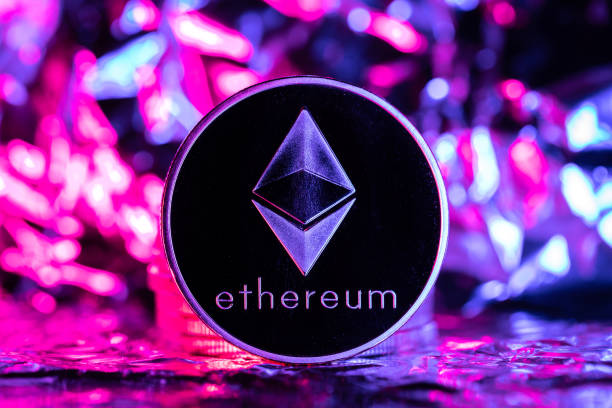Reason to trust

How Our News is Made
Strict editorial policy that focuses on accuracy, relevance, and impartiality
Ad discliamer
Morbi pretium leo et nisl aliquam mollis. Quisque arcu lorem, ultricies quis pellentesque nec, ullamcorper eu odio.
The folks over at Genesis Coin have announced the launch of their new line of cryptocurrency vending machines, dubbed the Satoshi1. The machine went live this week at the Thirsty Camel Cafe in downtown Nanaimo in British Columbia, Canada.
Up until now, Genesis Coin has been delivering a number of Genesis1 ATMs which have made their way around the world and provide an all-in-one solution for individuals looking to both by and sell multiple types of cryptocurrency.
The Satoshi1 machine is designed to be a less-expensive solution for operators, coming in at $5,800 (compared to $14,500 for the Genesis1).
And unlike the Genesis1, the Satoshi1 machine is only one-way. Which means it will only sell cryptocurrency and not allow users to convert said cryptocurrency into cash, should they so choose.
“The Satoshi1 is, in my opinion, an unreal value, and is likely to be a loss leader for us. At $5,800 delivered you would be hard-pressed to find a more hardware packed kiosk,” company CEO Evan Rose said in an email.
“Our goal with developing the Satoshi1 was really to provide an unbeatable deal on hardware in a futuristic looking machine befitting of the technological progress of Bitcoin. The goal with Satoshi1 is twofold: scale our network quickly, and open up the opportunity to people who might not be able to invest $15 – $20,000 but are still interested in the business,” he added.
The machine sports a massive 21-inch screen that is reminiscent of the obscenely large displays in the dashboard of a Tesla Model S. With a 2,200 note bill acceptor, it can also hold a respectable amount of money.
And if you’re wondering what cryptocurrencies the machine will sell, here they are: Bitcoin, Litecoin, Dogecoin, Blackcoin, and XCurrency.
It’s also running the same software found on the Genesis1, so there will be a sense of familiarity if you’ve interacted with any other of Genesis Coin’s machines.
“Not including cash withdrawals, the Satoshi1 is otherwise identical software-wise to the Genesis1, and operators benefit from the ability to completely white-label the machine to their proprietary branding and business model,” Rose said.


























